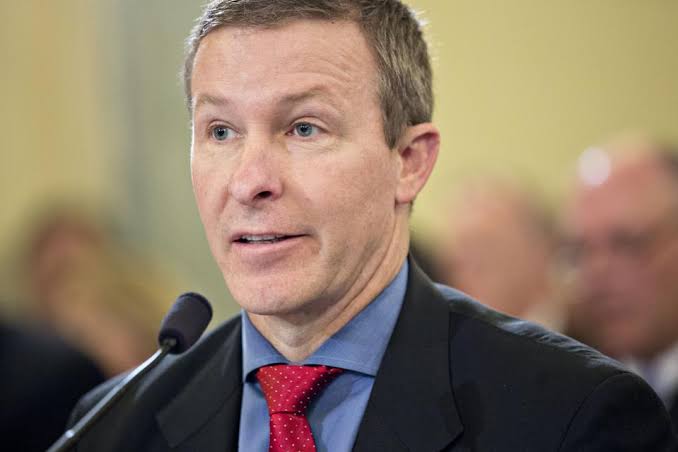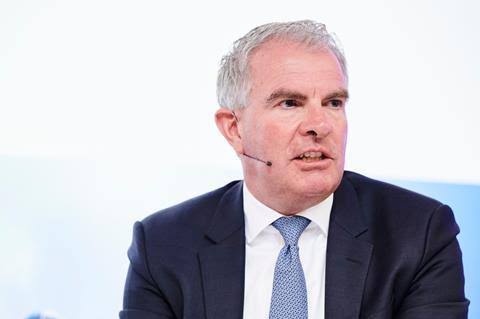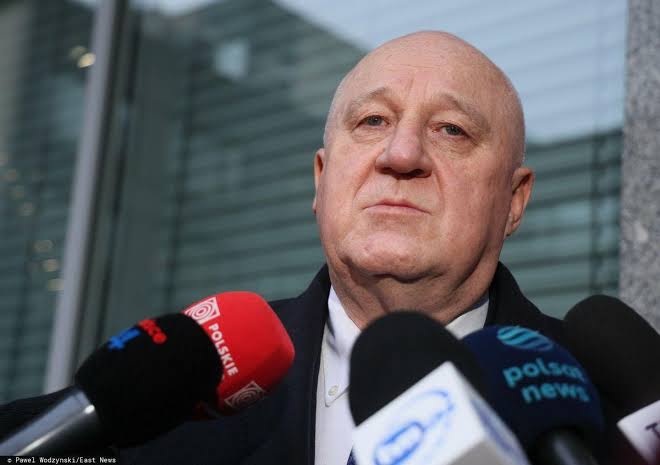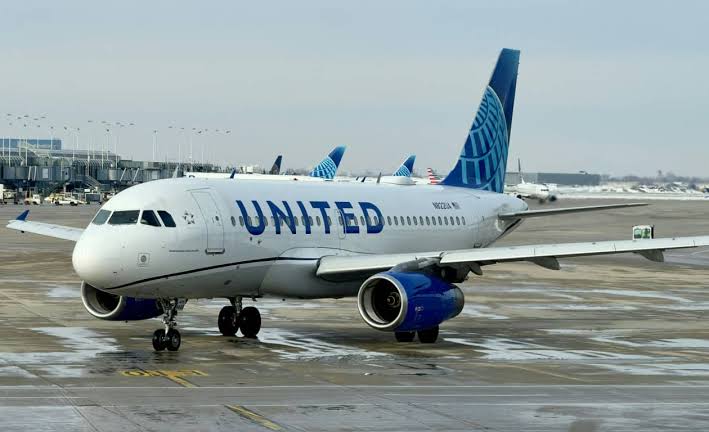United Airlines Fires CEO Scott Kirby
United Airlines CEO Fires CEO Scott Kirby: A Shocking Leadership Shakeup
In a stunning turn of events, United Airlines has announced the dismissal of its Chief Executive Officer, Scott Kirby. The decision, which comes as a surprise to many in the aviation industry, marks the end of Kirby’s tenure at the helm of one of the world’s largest airlines. His departure raises questions about the future direction of United Airlines and the reasons behind this abrupt leadership change.
Scott Kirby’s Legacy at United Airlines
Scott Kirby joined United Airlines in 2016 as the company’s president after a long career in the airline industry, having previously held executive positions at US Airways and American Airlines. He became CEO in 2020, leading the company through the COVID-19 pandemic, a time of unprecedented challenges for the aviation sector. Under his leadership, United implemented several strategic initiatives, including fleet modernization, sustainability efforts, and an aggressive international expansion.
During his tenure, Kirby emphasized technological innovation, customer service improvements, and operational efficiency. He was also vocal about issues affecting the airline industry, such as the need for improved air traffic control systems and increased federal support for sustainable aviation fuel (SAF).
Why Was Scott Kirby Fired?
The reasons behind Scott Kirby’s firing remain unclear. However, industry insiders speculate that a combination of factors could have contributed to the decision:
1. Operational Challenges and Customer Complaints
Despite United’s ambitious growth plans, the airline has faced criticism over flight cancellations, delays, and customer service issues. The summer of 2023 saw massive disruptions in United’s operations, with thousands of flights canceled or delayed. While Kirby blamed the Federal Aviation Administration (FAA) for staffing shortages, some investors and board members reportedly questioned his handling of the situation.
2. Financial Performance and Investor Pressure
Although United Airlines has rebounded from the pandemic’s financial struggles, the company has faced pressure from investors to improve profitability and cut costs. Kirby’s compensation package, which reached $18.6 million in 2023, was met with scrutiny, especially as the airline continued to raise ticket prices and implement additional fees. The board may have felt a leadership change was necessary to reassure shareholders.
3. Internal Disputes and Leadership Style
Kirby was known for his outspoken nature and direct approach, which sometimes put him at odds with regulators and industry leaders. His push for government intervention in issues like air traffic control may have created tensions with key stakeholders. Reports suggest there may have been disagreements within United’s leadership about the company’s strategic direction, particularly regarding cost-cutting measures and employee relations.
4. Sustainability and Policy Conflicts
United Airlines has been at the forefront of sustainability initiatives, investing heavily in SAF and other green technologies. While these efforts align with long-term environmental goals, they come with significant costs. Some board members may have questioned whether United was moving too aggressively in this direction at the expense of short-term profitability.
What’s Next for United Airlines?
With Scott Kirby out, the United Airlines board will need to appoint a new CEO to guide the company through its next phase. Possible candidates include current United executives such as Andrew Nocella (Chief Commercial Officer) and Brett Hart (President), as well as external industry veterans.
Key Challenges for the Next CEO:
Restoring Stability: Addressing operational issues and improving reliability will be crucial for regaining passenger trust.
Financial Growth: Balancing cost-cutting measures with investments in innovation and sustainability will be a top priority.
Regulatory Relations: Navigating relationships with government agencies and policymakers will be essential, especially given ongoing debates about airline industry regulations.
Employee Relations: Managing labor contracts and ensuring workforce morale remain high will be important to avoid disruptions.
Industry Reactions and What It Means for Passengers
The firing of a major airline CEO is always a significant event, and industry reactions have been swift. Aviation analysts are closely watching how this leadership change will impact United’s strategy and market position. Competitors such as Delta Air Lines and American Airlines may see this as an opportunity to capture market share, particularly in areas where United has been struggling.
For passengers, the immediate impact remains uncertain. While ticket prices, routes, and customer service policies are unlikely to change overnight, travelers will be watching closely to see if the next CEO can deliver improvements in reliability and overall experience.
Scott Kirby’s sudden departure as CEO of United Airlines marks a pivotal moment for the company. While he led the airline through some of its most challenging years, his firing suggests deeper issues behind the scenes. As United embarks on a new leadership journey, passengers, employees, and investors alike will be eager to see what the future holds for one of the world’s most recognized airlines.





